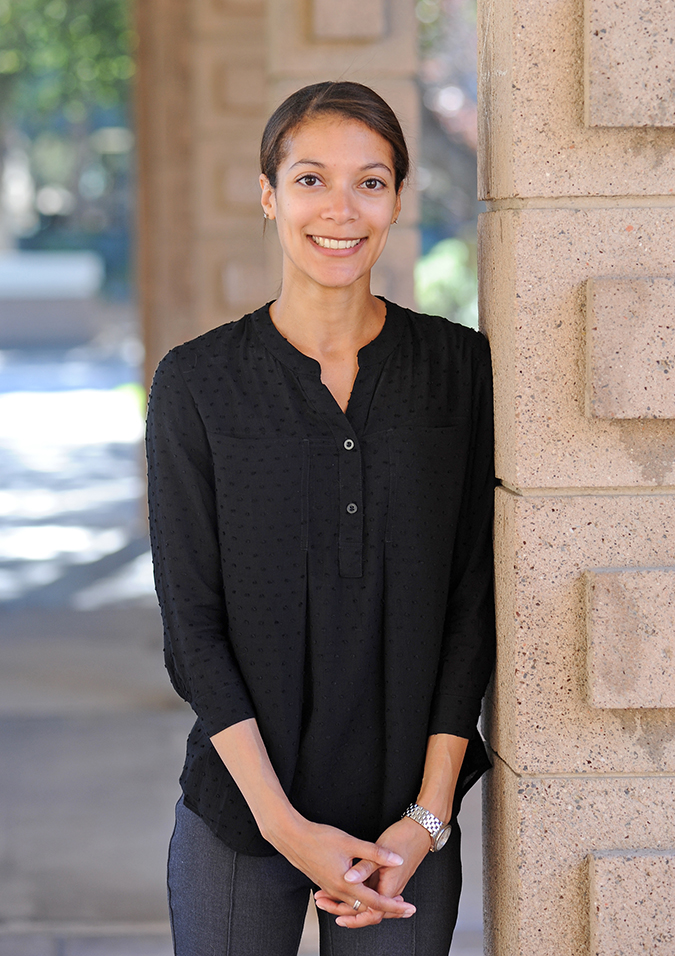Working the Crowd: NSF Funds Database Study
March 13, 2017
The National Science Foundation awarded a grant of $175,000 to Harvey Mudd College Professor of Computer Science Beth Trushkowsky for support of her project “CRII: III: RUI: Adaptive Query Processing for Crowd-Powered Database Systems.” The award will fund four students in a research experience across two summers and during the school year. Trushkowsky and her students hope to produce a query processing system that will empower users to ask more interesting questions about data than would be allowed by a traditional database system.
“Database systems are very well-optimized for storing and asking questions about structured information,” Trushkowsky says, “but some of the questions a user might ask about a set of data require processing images or text, deducing sentiment, making conclusions or using real-world experience, all things humans are much better-equipped to do than computers.”
Enter crowd-powered database management systems (DBMS), which incorporate computation done by people to perform tasks that filter data based on criteria that is subjective or requires visual or semantic interpretation. However, adding human computation to a DBMS also adds to the cost of running the query. For many queries, not only are these costs unknown to the system at query time but human workers come and go, creating an environment with shifting resources.
Trushkowsky seeks to develop an adaptive query processor, in which the system re-optimizes the query while it is running, using a more effective approach to compensate for prior unknown costs as well as an environment with properties that shift over time. “The idea is that the system should figure out the algorithm that will dictate which tasks to ask humans to work on,” Trushkowsky says. “The cool thing about it is that there’s a programmatic interface for accomplishing that.”
The grant funding will also allow Trushkowsky to take students to the Richard Tapia Celebration for Diversity in Computing, where they can discuss their work on this project as well as network and be inspired by the community. “I’m excited,” she says. “For the last two years I was able to bring some students to this conference, but now I can bring more.”
